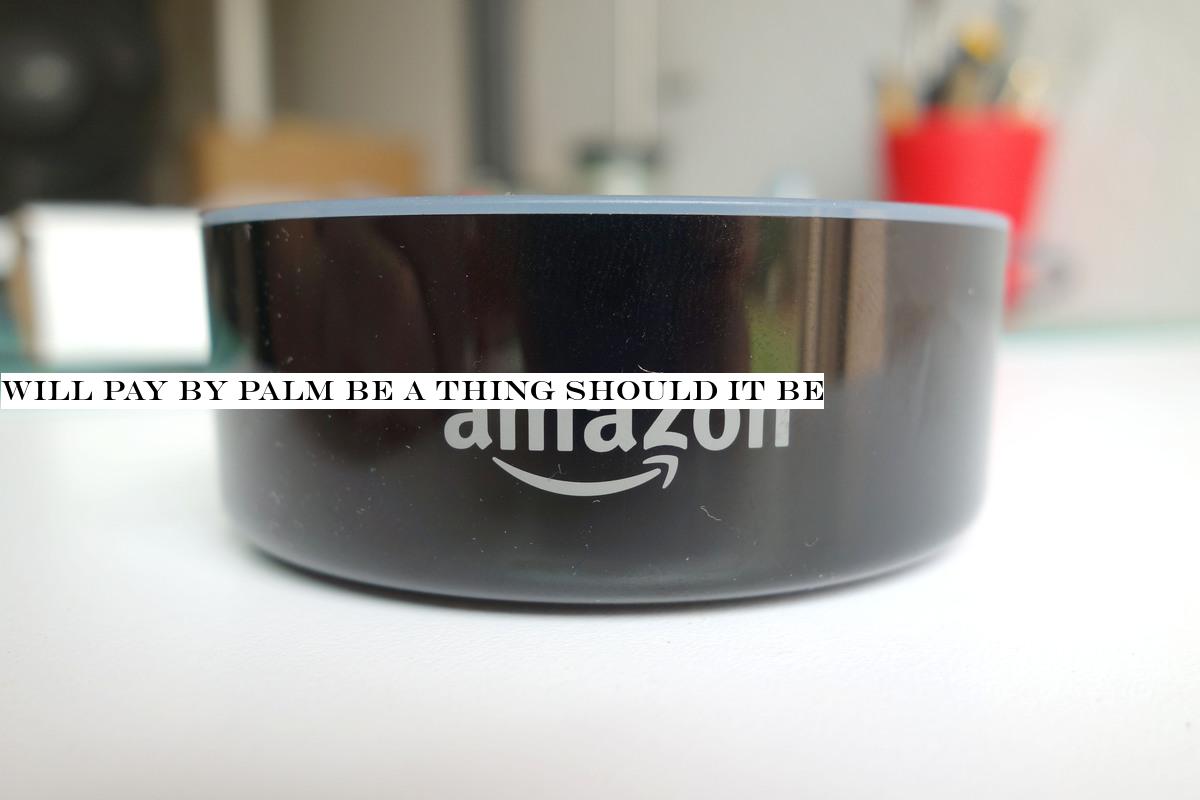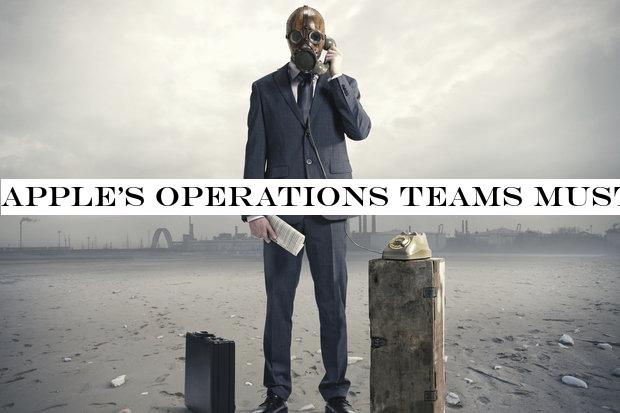Music
Trailers
DailyVideos
India
Pakistan
Afghanistan
Bangladesh
Srilanka
Nepal
Thailand
Iraq
Iran
Russia
Brazil
StockMarket
Business
CryptoCurrency
Technology
Startup
Trending Videos
Coupons
Football
Search
Download App in Playstore
Download App
Best Collections
Technology

Amazon is experimenting with a way to allow shoppers to use a palm-print biometric to authenticate payments and to do so in physical stores far beyond Amazon-owned brick-and-mortars, (Whole Foods, AmazonGo, AmazonBooks, Amazon 4-Star and Amazon Pop-Up). Amazon is reportedly looking at QSRs (quick-service restaurants), especially coffee shops.
Palm prints have several advantages over more popular mobile biometric methods, such as fingerprint (prescription drugs, cleaning chemicals, burns and various other things can interfere with fingerprint readings) and facial recognition (finicky method that requires the face to be a precise distance from the scanner — not an inch too close or too far — and can suffer from hair growth, lighting, cosmetic changes, some sunglasses, as well as giving false positives to close relatives). And unlike my favorite biometric for security (retina scan), it's far less invasive. It's fairly accurate, convenient and (other than forcing customers to remove gloves, which could be a problem with outdoor shops in the winter) should be well-received.
To read this article in full, please click here
- Details
- Category: Technology Today
Read more: Will pay by palm be a thing Should it be
Write comment (94 Comments)
Windows 7 users who missed the operating system's mid-January support deadline weren't in any hurry last month to dump the operating system.
According to data published Sunday by American analytics company Net Applications, Windows 7 shed just four-tenths of a percentage point in February, ending the month at 25.2%. Windows 7 accounted for 28.6% of the personal computers running the Microsoft OS.
(The percentage of Windows PCs is larger than the percentage of all personal computers because Windows does not power every system. In February, Windows was the OS of 88.2% of the world's personal computers -- an increase of just one-tenth of a point. Of the rest, all but a tiny fraction ran macOS, Linux or Chrome OS, in decreasing order.)
To read this article in full, please click here
- Details
- Category: Technology Today
Read more: Windows by the numbers: Remaining Windows 7 users in no rush to move on
Write comment (96 Comments)
Ityears ago, and this young PC tech pilot fish is hired by a school district — and his co-workers warn him that the principal of one of the schools they&ve given him is very difficult to get along with.
On the day hepaged to go tothatschool and to seethatprincipal, fish has a knot in his stomach. But upon arriving, he finds is a flustered middle-aged woman who immediately begins griping about &these new computers& and how she doesn&t have time for these problems because shegetting married.
Fish calmly comments, &Getting married? That's great!&
Principal stops complaining for a moment and says, &Yes, itexciting& — and then begins complaining again that she can&t get the reports she needs to do her job.
To read this article in full, please click here
- Details
- Category: Technology Today
Read more: Time-Machine Tuesday: For better or worse
Write comment (91 Comments)
Firefox took a significant turn for the worse last month, falling three times its average share loss over the past year and dropping to a level not seen since 2005.
According to data published Sunday by web metrics vendor Net Applications, Firefox's share in February sank to 7.6%, down six-tenths of a percentage point. It was the eighth month in the last 12 in which Firefox spilled users and the third largest downturn during that stretch.
The last time Firefox recorded a share that low was in September 2005, when it also posted a 7.6% marker. At the time, Firefox was still chipping away at Internet Explorer (IE), Microsoft's then-keystone of browsers, as it slowly grew to become a legitimate threat to Redmond. IE accounted for an astounding 86.8% of global share in September 2005.
To read this article in full, please click here
- Details
- Category: Technology Today
Read more: Top web browsers 2020: Firefox sinks to share unseen since 2005
Write comment (98 Comments)
Despite an increase in the number of companies hit by mobile attacks that led to compromises, four in 10 businesses sacrificed security to meet profit goals or avoid &cumbersome& security processes, according to Verizonthird annual Mobile Security Index 2020.
It showed that 43% of organizations sacrificed security.More typical reasons for companies exposing themselves to risk, such as lack of budget and IT expertise, trailed &way behind& things such as expediency (62%), convenience (52%) and profitability targets (46%). Lack of budget and IT expertise were only cited by 27% and 26% of respondents, respectively.
To read this article in full, please click here
- Details
- Category: Technology Today
Read more: Verizon: Companies will sacrifice mobile security for profitability, convenience
Write comment (91 Comments)
With new products on the way, Applehighly respected operations teams may never have faced such complex challenges as it struggles to maintain some production at factories and partners across the world as the coronavirus bites.
Apple's missed expectations
These teams are world class. Apple is famed for its ability to manage its complex multinational supply chain, but the teams must find themselves deeply challenged by what's become an ever-moving situation.
Apple recently warned it would miss expectations in the quarter, and the OECD warns the global economy will experience a sharp downturn as the virus proliferates internationally.
To read this article in full, please click here
- Details
- Category: Technology Today
Read more: Apple’s operations teams must be struggling to pull things together
Write comment (99 Comments)Page 1337 of 1441

 19
19





